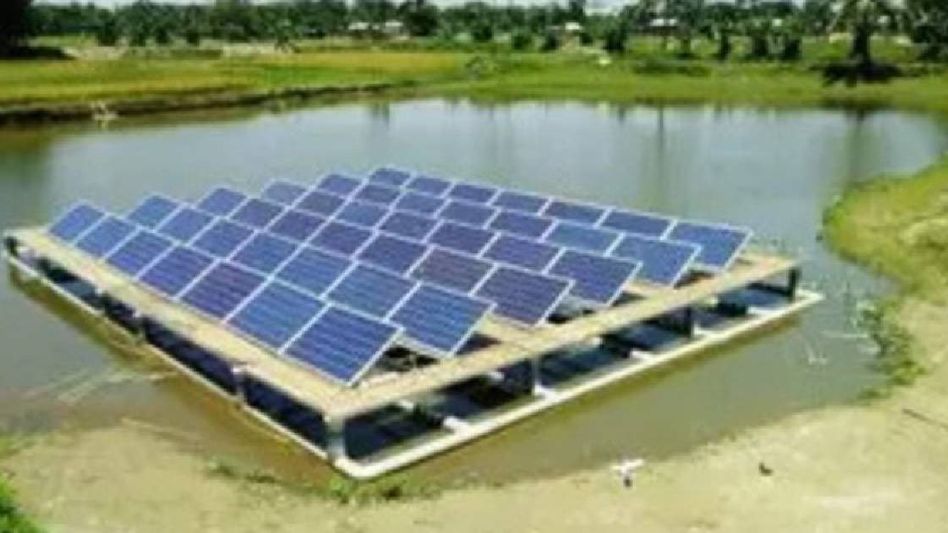Assam: Assam aims for 1,000 MW solar power in 3 years with floating plants
Assam government is planning to generate 1000 MW of solar power in the next three years, aligning with Sustainable Development Goals. This move will reduce reliance on fossil fuels and promote eco-friendly electricity generation.

Assam's government is making big moves towards sustainable energy by focusing on solar power. With a target to generate 1,000 megawatts (MW) of electricity in the next three years the state is gearing up to become a green energy hub.
In 2017, Assam formulated a solar policy to boost its solar power capacity. Chief Minister Himanta Biswa Sarma highlighted the goal to meet the energy needs of all households requiring 2,200 MW currently.
The solar policy aims to leverage Assam's solar energy potential by deploying resources from state and central schemes. It aligns with Sustainable Development Goals (SDGs), emphasizing clean, affordable, and equitable solar energy.
The plan promotes grid-connected solar power plants on rooftops of residential, community, institutional, industrial, and commercial establishments. This move aims to reduce reliance on fossil fuels and encourage eco-friendly electricity generation.
To attract investment the government plans to install rooftop solar power plants in various districts. This strategy aims to decrease the state's dependence on fossil fuels over time.
In a unique initiative, Assam plans to set up floating solar power plants in its wetlands. These plants with panels on the water's surface save land space for other purposes like farming. The cooling effect of water bodies improves solar panel performance, and these floating plants can provide electricity to nearby households.
Notably, the state already boasts the first floating solar power plant in Northeast India, a 10.50 kW capacity facility in Morigaon district. Another milestone is the largest solar power plant in Amguri town, generating at least 70 MW of electricity. These projects signify Assam's commitment to a greener and sustainable energy future.
Copyright©2025 Living Media India Limited. For reprint rights: Syndications Today









